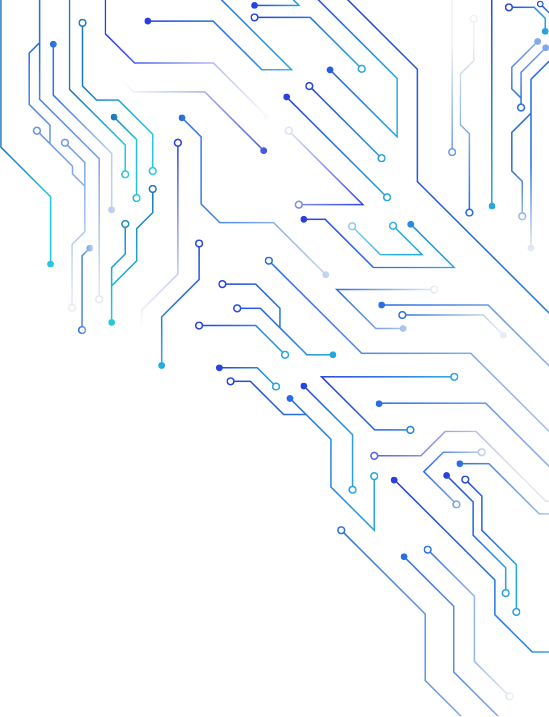Enterprise Applications
Enterprise Applications refers to software systems that are used by
large organizations or businesses to manage their daily operations, such as accounting, human resources, supply chain management, and customer relationship management.
Learn More
Data, Analytics and AI
This involves the development of intelligent machines that can
perform tasks that typically require human intelligence, such as natural language processing, image recognition, and decision-making. AI, or artificial intelligence, is an emerging field that involves the development of intelligent machines that can perform tasks that traditionally require human intelligence, such as natural language processing, image recognition, and decision-making.
Learn More
Digital Transformation
Usage of digital technologies to fundamentally change the way organizations operate and deliver value to customers. This includes adopting new technologies and business models, reimagining customer experiences, and reengineering business processes to be more efficient and effective.
Learn More
Cloud
Delivery of computing services, including servers, storage, databases, and software, over the internet. Cloud computing enables businesses to access computing resources on demand, scale their infrastructure up or down as needed, and pay only for what they use.
Learn More
Rental
The business of renting out equipment, such as computers, servers, and other IT infrastructure, to customers for a specified period of time. Rental services can be an attractive option for businesses that need access to IT resources but don't want to make a
long-term investment in hardware.
Learn More
Spare Parts
We provide spare parts as a service to their customers, ensuring that they have the necessary components to keep their equipment up and running. This can help businesses minimize downtime and maintain their IT infrastructure more effectively.
Learn More





